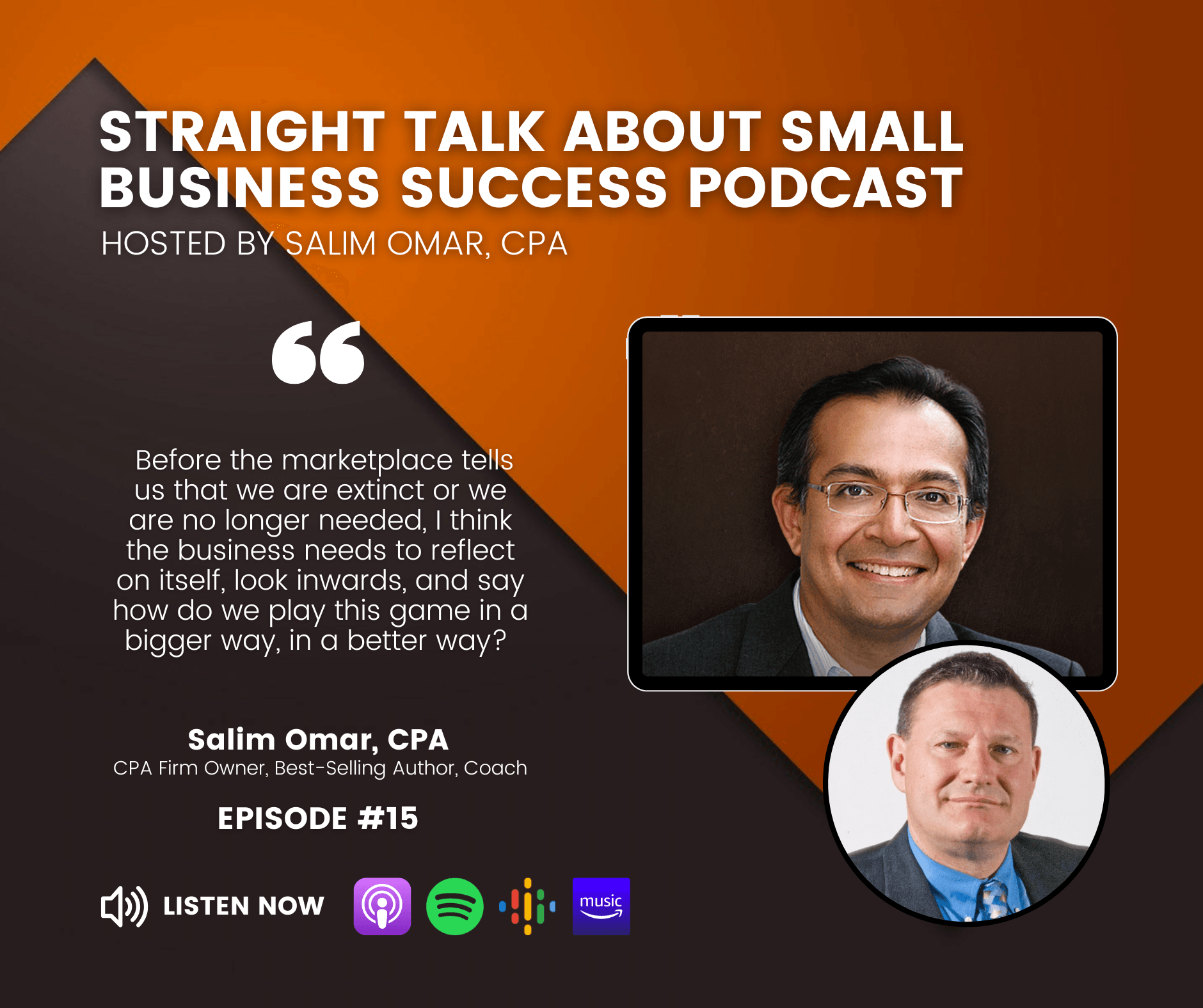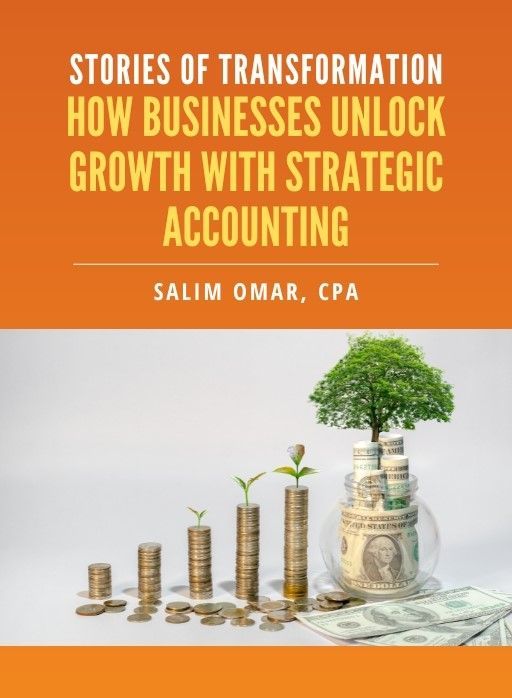How to Pick the Perfect Retirement Plan for Your Business

Does Your Small Business Have a Solid Retirement Plan?
Is your small business prepared for retirement? As a small business owner, planning the retirement of your business can be confusing. With so many options to choose from, it is not difficult to understand why.
Rodney Deloe is a CPA and retirement planning expert. Among his many achievements, he has over 30 years of experience as a CPA, and is skilled in implementing retirement plans from single member to multinational Defined Benefit programs, for both private and public practice, as well as CFO or senior financial leaders in business. Deloe has sat at both sides of the table."
Retirement planning is something that I have been passionate about for a long time."
Three Reasons Small Businesses Should Set Up a Retirement Plan
- To Grow Wealth in your business.
- Create Tax Savings—"This is one of the rare moments where you can keep your money and still make tax savings."
- Employee Retention—Giving your employees the benefit of a retirement plan shows that you value your employees.
Building Wealth— High Level Retirement Planning
You can use your retirement plan to build your wealth. There are many different ways in which this can be achieved. Deloe recalls an individual who was allowed, by the IRS, to defer up to $61,000, in total each year through various tax retirement programs. "If you had an individual that was able to defer $50,000 a year for over 10 years, even at a fairly modest 5% rate of return, they would have over $645,000 in that account after 10 years."
Deloe explains that this is an outstanding way for a small business to continue to build and compound wealth to avoid having to pay taxation. "You double the earnings you are earning money on, that would have otherwise been taxed."
Five Options for Retirement Plans
According to Deloe the success or failure of your retirement plan depends on the plan you take. Each plan is designed to fit the size and type of the business.
There are five major types of retirement plans:
- Self-employed 401k plan, which is for a single person or sole operator in a company. This plan usually includes your spouse.
- SEP IRA plan is for a slightly larger group-if you have a small number of employees.
- Simple IRA plan, which is for bigger businesses who have up to 100 employees in the plan.
- The Standard 401k plan is for a larger organization from one to 10,000.
- The Defined Benefit plan-provides you with some of the largest options to put money away. This plan is also one of the more complicated plans, with a lot of compliance involved. These are paid purely by the employer.
How to Choose the Right Retirement Plan for Your Business?
Deloe recommends using a holistic approach when choosing a retirement plan. He looks at several factors when advising his clients on choosing a retirement plan including-
- The number of employees
- The direction in which the business will grow
- The level of complexity that the business owner wants to operate under
- The level of complexity costs that the business is willing to incur
"As you grow, the plan can change. You can start a business with a SEP IRA plan. As you add employees, at some point, you may determine that a Standard 401k plan may be a better option for you."
Important Attributes and Key Factors When Choosing Retirement Plan
Deloe asks his clients the following questions:
- What type of legal entity are you?
- How many employees do you have?
- How much administration and cost do you want to incur?
What are the Requirements for Establishing a Small Business Retirement Plan?
The requirements will depend on the plan. Some plans have simple requirements while others have more complex demands. With simple SEP and self-employed IRA plans, an owner should be able to institute the plan in a day or two, depending on how long it takes to get the paperwork back, while other plans take a little bit longer.
Requirements may include:
Filling in a templated plan document. The business owner usually fills out a template. The business owner would need to find a fiduciary or a trustee to hold the assets.
- A fiduciary helps in the following ways-
- A fiduciary has plan templates on hand
- They set up the required contributions
- They help pick your vesting
- They help with choosing the length of time it takes for the plan to belong to the person that gets it, or if it goes back to the company.
- An annual plan disclosure for your employees.
The Standard 401K plan-
The requirements are similar but they usually have a lot more options on things such as-
- Investments
- Who your trustee is
- Eligibility requirements
- An audit
- Safe Habor requirements
"You would need to work with your trustee and accountant to finalize and determine if you need a safe harbor plan. The plan has a required distribution that you cover for all employees. This allows highly compensated people to put additional money in. If you don't do that you can potentially become top heavy." According to Deloe, this requirement is from the federal government to make sure that owners aren't discriminating on behalf of the highly compensated to the detriment of their lower paid personnel.
Amongst other things, a Defined Benefit Plan holds your significant funding payoffs and amortization tables. This plan provides the most opportunity to save, but is the most complicated. It is advisable to work closely with your accountant, as well as your trustees to make sure that you are being fully compliant. These plans are tightly governed by ERISA‐the Employee Retirement Agency for the Federal government.
Closing Remarks
Small businesses should ensure that they maintain compliance with the retirement plan they choose. Communication with your employee staff is another crucial factor to the success of your plan.
"When more people are involved in the plan, your business grows exponentially. Your employees need to be involved in the plan."
Straight Talk CPAs
is a CPA firm which provides individuals with
tax return preparation and
tax planning, and businesses with
Virtual CFO/CPA services, and Tax Planning services.
Free eBook:
Stories of Transformation


Salim is a straight-talking CPA with 30+ years of entrepreneurial and accounting experience. His professional background includes experience as a former Chief Financial Officer and, for the last twenty-five years, as a serial 7-Figure entrepreneur.




